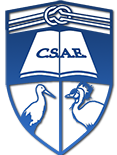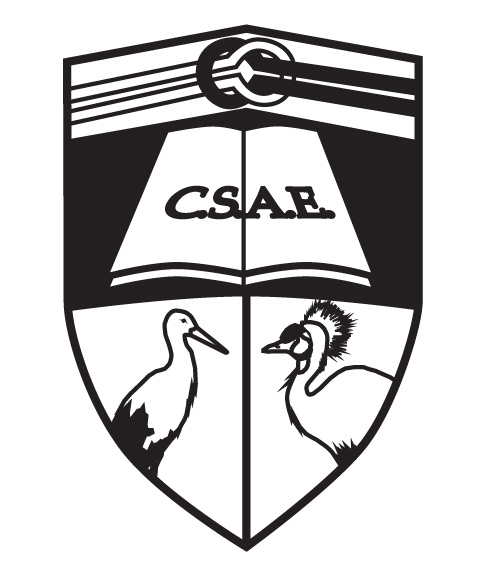Hispaniola is the historical name of the island in the Greater Antilles, and is currently composed of the Republic of Haiti and the Dominican Republic. What does the teaching of journalism and communication sciences in general look like in these contemporary times?
Already at the start, the island was split into two linguistic geographies, this is what can be noted. Education systems will inevitably follow this line: on one side Spanish, on the other French. Are these differences profound or slight, do they have an impact that is worth mentioning?
Let’s take two universities on either side to illustrate the comparison and see if it is right. Looking for centers to study journalism in Santo Domingo, is not only tough, but effective for understanding this part of the world. Take for example the „Universidad Autónoma de Santo Domingo (UASD)“ which is in the oldest city in the entire Caribbean, a historical reference and a World Heritage Site by UNESCO and one of the centers to study journalism in Santo Domingo.
Here we note the multiplicity of offers that we call opportune, because in relation to the socio-economic trend of the moment – in example: the online instruction of new media – rather than the classic modules of a lamda faculty elsewhere in the world.
We are going to refer to a report by the organization “Reporters Without Borders” to explain this particular phenomenon in the Republic of Santo Domiango, especially in their close cooperation with American institutions. The same goes for the other training centers observed on this half of the island.
The case of Haiti is, I would say, parallel, if we observe the State University of Haiti-“ L´Université d`Etat de Haiti“( UEH). as an example, among the twenty most known institutions of the place.
Studies in communication sciences do not give the impression of being a priority but we rather notice the modesty to make its existence applicable. This thanks to the very present cooperation of French organizations.
This is how we will find teaching modules for everything that can directly or indirectly relate to journalism, for example within the faculties of literature with languages and linguistics options. It’s quite unique and there are reasons we’re not going to leave the tracks…without understanding the outcome.
editor@csae.eu
Full article: editor@csae.eu


